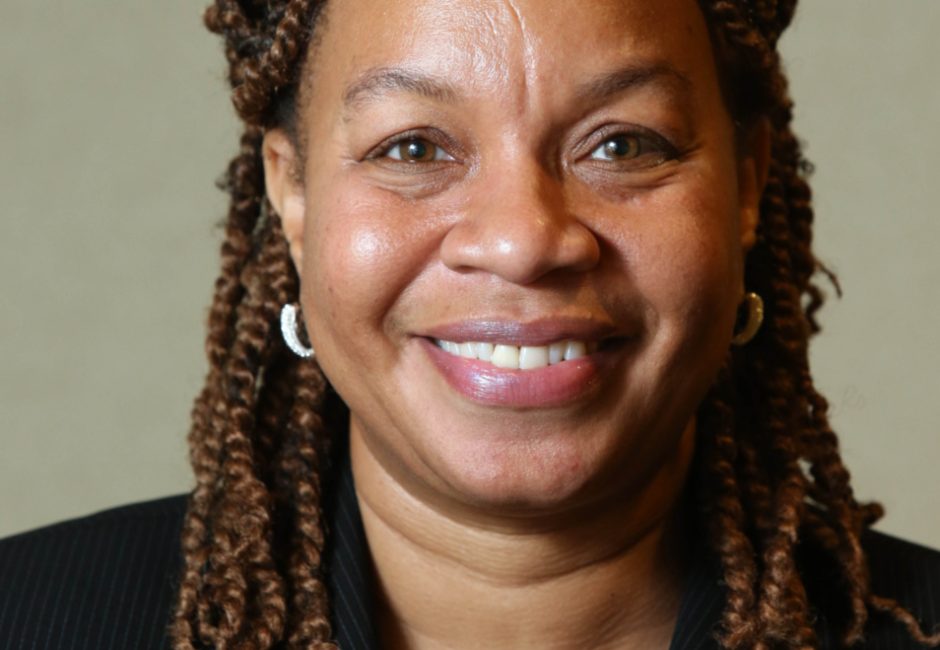By Karla Amador
Cambridge, MA — Cellular immunologist, Cherie Butts, PhD, is a medical director, leading clinical trials in multiple sclerosis at Biogen (Cambridge, MA). Dr. Butts’ expertise builds upon a foundation of experience in academia, government, and industry, to shape biomedical research and medicine.
“As part of my work at Biogen, I collaborate with biologists, engineers, and a variety of life sciences professionals, in developing meaningful therapies for patients with debilitating conditions,” she explains. “I enjoy finding ways to help fill the gap between meeting the needs of patients and understanding neuroinflammatory diseases.” Dr. Butts is continually inspired by her team, working in an environment with life sciences professionals who are trying to make a positive impact on biomedical research. Her inspiration from the lives of her patients is nothing short of invigorating.
Prior to Biogen, Dr. Butts worked at the US Food and Drug Administration (FDA) conducting research and reviewing new drug applications. Her postdoctoral studies, conducted at the National Institutes of Health, studied hormone regulation of immune responses. Her doctorate from the University of Texas MD Anderson Cancer Center focused on immune responses in ovarian cancer patients. Dr. Butts received her bachelor’s and master’s degrees from Johns Hopkins University.
Looking ahead in the field, Dr. Butts cautions about potential missteps in incorporating digital technologies, such as wearable devices (e.g., Fitbit), into research. Although useful as a tool for collecting data, Dr. Butts believes that life scientists and medical professionals must be careful not to overinterpret data.
“As a woman of color in 2019, I believe there is tremendous opportunity in biomedical research. This is only the beginning. I believe [that] we will innovate by leveraging the power of working in teams across academia, government, and industry. To other women of color, stay dedicated to achieving your personal and professional goals throughout your journey. If we each do our part, the impact will be exponential.”



